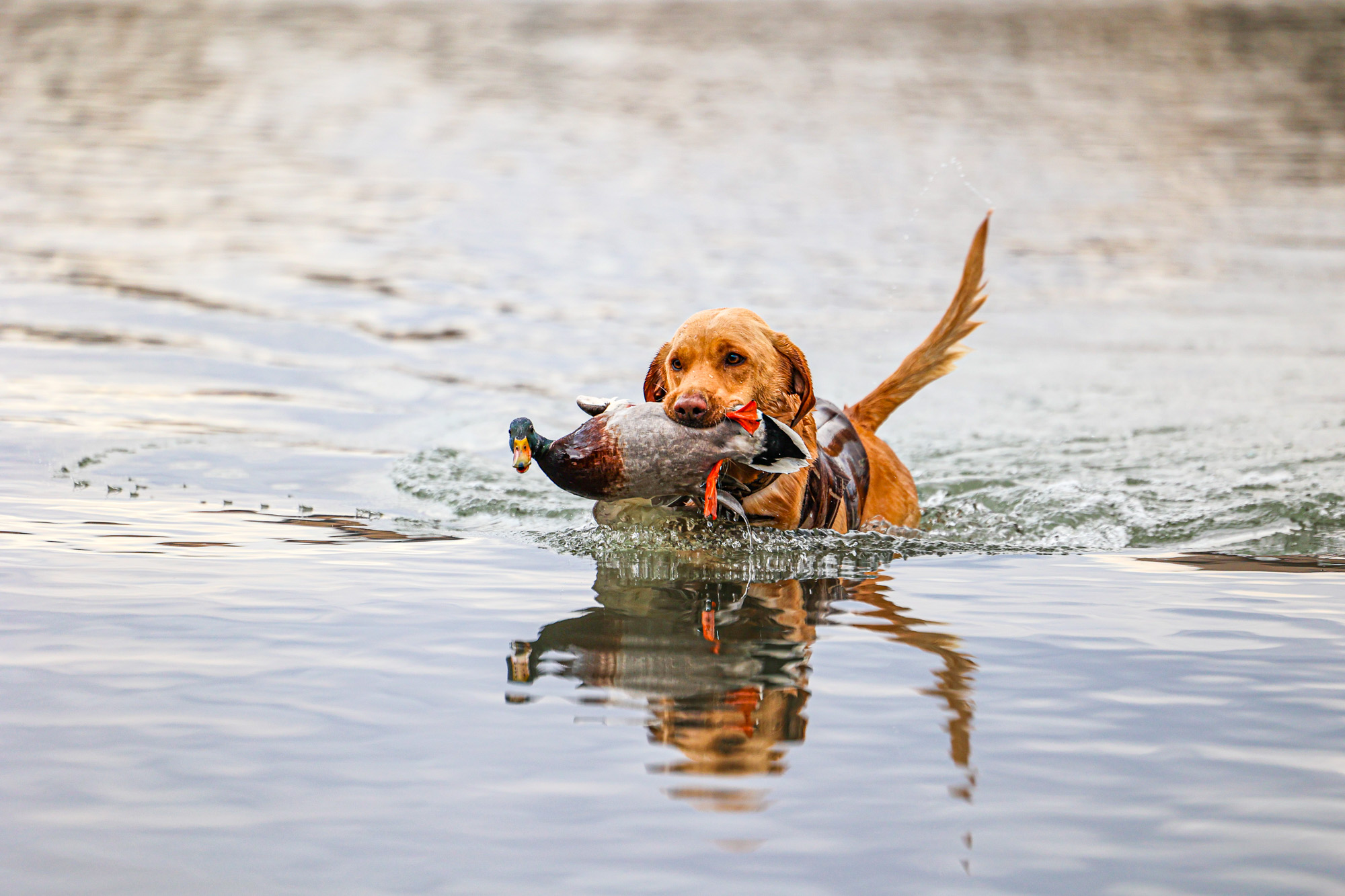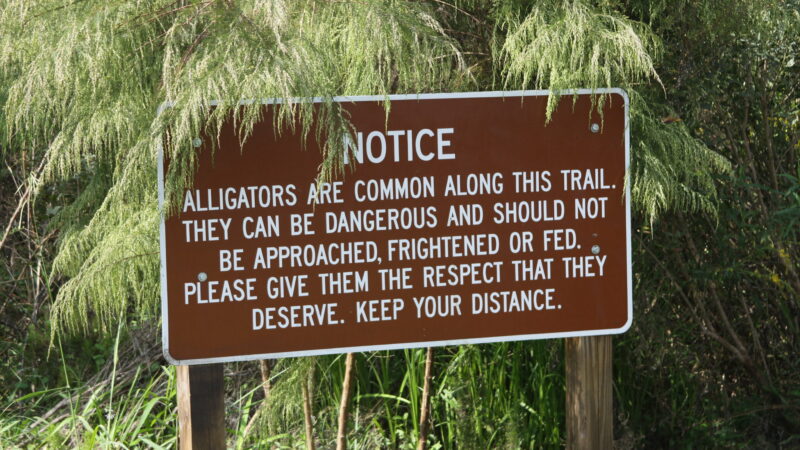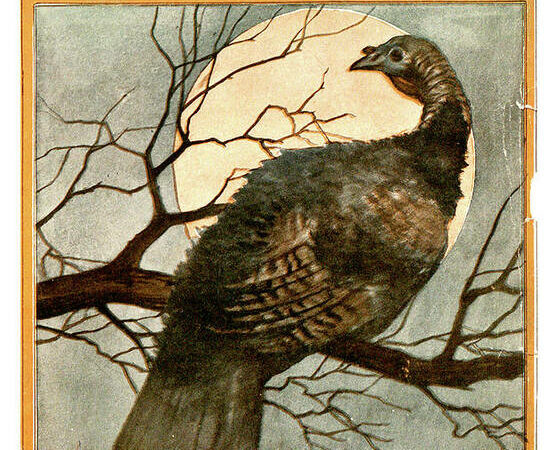Why Duck Hunters Die
There was only a light wind blowing down the river by the time we had eight mallards plus a few divers stacked in a neat little pile. It had been a great morning of duck hunting, but not quite the epic shoot we’d all been hoping for.
“It’s 10 o’clock,” Nat said, as a few more ducks flew past us, safely in the stratosphere.
Knowing this would be my last duck hunt of the season and wanting to see just one more greenhead finish over the decoys, I replied: “Let’s give it 20 more minutes and then we’ll pack up.”
Our little crew of four hunters had vowed to be off the water by 11 a.m., when the wind was predicted to kick up to 20 mph with 30 mph gusts. The plan was for Nat and Bud to hike out to the truck while T.G. and I ran my 14-foot boat and all our gear four miles down the river to the ramp. We needed to be off that frigid river before whitecaps would make the going too risky.
Honestly, I had figured we’d be limited out by 9:30 anyway. But now that we weren’t, I began rationalizing an extra 20 minutes… Afterall, the wind was supposed to be pushing 15 mph at 10 a.m., and it wasn’t even close to that fast now. The forecast had been exaggerated all week. And, it would be a northwest wind, so it’d be blowing at our back during the ride home.
Then a lone greenhead flew off the main body of the river and circled our spread. He dropped in elevation as T.G. called to him softly. He worked us again and then a third time. This is the last one, I thought.
But on the fourth pass he lifted higher and wider and he eventually drifted off.
Then from across the river, a sudden gust of wind pushed our decoys around. We all thought the same thing at the same time, we should call it, and started unloading our guns. In the time it took us to have the spread packed up, a strong wind was blowing out of the northwest. We could see rolling waves pushing down the main body of the river.
Nat and Bud started their hike out to the truck. My old Lab Otie jumped in the front of the boat, T.G. sat in the middle, and I fired up the motor in the stern. We cruised out of the bay that we had been hunting and into the main channel of the river where some of the waves were just starting to break whitecaps. I pointed us toward the ramp and we surfed down the first roller.
“It’s all good, man, we’ll just take it easy” I told T.G. (and myself). “If it gets dangerous we’ll go back to the bay or just pull off to shore.”
Duck Hunting Dangers
Compared to statistically risky activities like horse racing, boxing, or mountaineering, duck hunting is pretty safe. In fact, hunting in general is about as dangerous as going bowling or playing billiards if you look at reported injury stats.
But any duck hunter who has been on the water late in the season knows there are real risks inherent in our pursuit. And sadly, we see the results of these risks every year in news headlines.
Just last month two teenage brothers died while duck hunting in northern California. According to media reports, the younger brother, 17, paddled out to retrieve a duck and flipped his kayak. The older brother (19) called 911 for help, but told the dispatcher there was no time to wait for rescue. He went into the water attempting to save his brother and went under as well. Neither boy was wearing a life jacket.
“This is a freak accident that my family and I are trying to wrap our heads around and we also have four girls at home who we still need to care for,” the boys’ mother wrote in a GoFundMe post.
But when you report on hunting news like we do at Outdoor Life, this recent accident is unfortunately familiar. Last year a 24-year-old Oklahoma State University graduate student drowned in Sooner Lake while attempting to retrieve a duck. He waded out to get the bird, slipped down a drop-off, went under water, and never came back up.
If you go back through the years, you will find a seemingly endless number of stories like this. So while it’s true that almost a million duck hunters hit the marsh every year without trouble, we also need to remember that there are deadly accidents every year.
History and Tragedy
There’s plenty of tragedy documented in our duck hunting history as well. The Ledge, by Lawrence Sargent Hall, is one of Maine’s most famous short stories and was written about the true tale of a salty old fisherman who took his son, 13, and his nephew, 15, sea duck hunting on Christmas Day. They motored far from shore to a rock ledge where the gunning was fast and furious. But amid the action they failed to secure their skiff, which drifted out to sea. In Hall’s story, the hunters fired distress shots into the air as the tide came up, which would soon completely submerge their little rock island. No help came. Their old Lab and the nephew were swept away in the tide. But the fisherman held his son on his shoulders as the sea water rose and rose.
The next day, the fisherman was found by rescuers —— dead with his son’s boot still clenched beneath his arm. The two boys and the dog were lost to the sea.
But of course the most infamous incident is the “day the the duck hunters died,” which refers to the Armistice Day Storm of 1940. A blizzard of biblical proportions hit the upper Midwest and killed a reported 85 duck hunters, many of whom died along the Mississippi River.
The quick shift in weather sent duck hunters to the big river for the hunt of the year, but they had underestimated the conditions.
“It was the kind of shooting that makes a duck hunter forget the cut of the wind and, all along the upper Mississippi, waterfowlers reveled in it — for a while,” Chris Madson wrote for Outdoor Life in 1984. “By the time they appreciated the real ferocity of the storm, many of them were committed to staying where they were. The lucky ones were on islands high enough to be out of the reach of the terrible surf. If there was dead timber, they built fires and waited for a break in the weather. Where there was no firewood, they burned their decoys and boats or huddled together against the cold.”
Conditions, Attitude, and Addiction
It’s no secret that often the best shoots happen around the biggest fronts. We usually need cold weather and some wind to get birds to act right. And gunning mallards in a howling snowstorm is an all-time iconic duck hunting experience.
But these are also the most dangerous conditions for which to be on the water. Even plunging into 60-degree water can cause cold shock, which essentially means uncontrolled hyperventilating. Experience this while you’re trying to tread water in waders and you’ll likely drown. Go in the drink when the water temp is below 40 degrees and you’ve got about 15 to 30 minutes before you reach exhaustion or go unconscious — and that’s assuming you’re wearing a PFD.
But because we hunt these conditions all the time, I think many of us take the danger for granted. We’re too familiar with it. Remember, even though you’ve run the river a dozen times before, this one could be the time you hit that submerged log and go overboard. On many occasions I’ve found myself to be the only one in the duck boat wearing my life jacket.
There’s also a certain tough-guy attitude inherent to duck hunting culture. I think some of this spawns from the competitive nature of modern waterfowling. You often have to beat guys to the spot, or slog into places other hunters won’t go. This requires earlier mornings, faster boats, tougher crews, and a never-quit mentality. When you’ve been grinding it out all season on slow hunts and then finally get that massive front, nobody wants to be the one to say, “Hey, this is too dangerous, let’s call it off.”
And lastly, there’s an addictive element to duck hunting. When you finish a flock of mallards perfectly, you want to see it again and again, forever. It never gets old. And because of this, a duck hunter is never satisfied.
This is distinctly different from big-game hunting. The diehard deer hunter might spend weeks on end hunting a buck. But once he’s killed that deer, he’s done. Or maybe he moves on to another state for another hunt. Regardless, he feels a little release of pressure knowing that at least one tag has been punched.
When the diehard duck hunter shoots his greenhead, he wants to shoot the second even worse than the first, and the third worse still — and now he’s only two short of a limit. This continues until the season ends.
Combine that addictive nature with gnarly conditions, and you will end up with duck hunters taking real risks.
All’s Well

After about 15 minutes of whiteknuckling it (with life jackets cinched down tight), I knew we’d be fine. We’d made it around a slight bend in the river that provided just enough of a break from the wind and the waves. By the time we hit the cove that held the boat launch we were talking about plans for next season.
We took our time trailering the boat and packing up before heading home. We joked about how even old Otie knew that things got serious for a moment, when she crouched down real low in the front of the boat and laid perfectly still.
But when I turned my truck to the bridge and got a full view of the river, I saw a raging stretch of whitecaps. The wind had kicked up and was gusting all of 30 mph just as promised. We’d made it off the water with no time to spare.
The post Why Duck Hunters Die appeared first on Outdoor Life.
Source: https://www.outdoorlife.com/hunting/why-duck-hunters-die/



